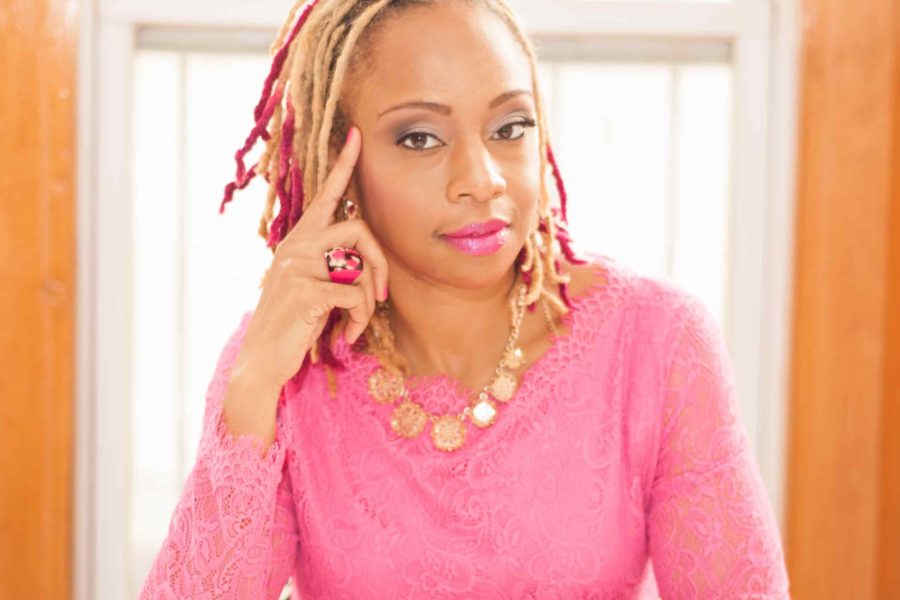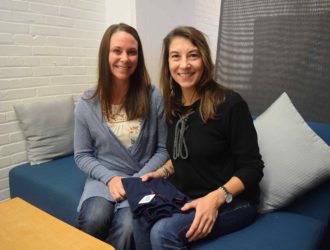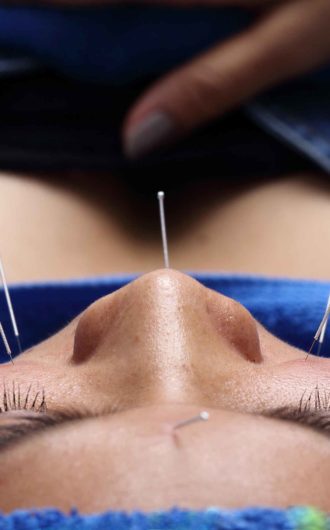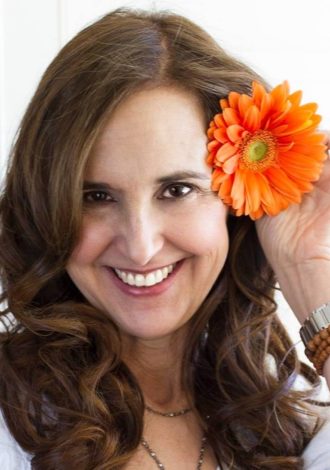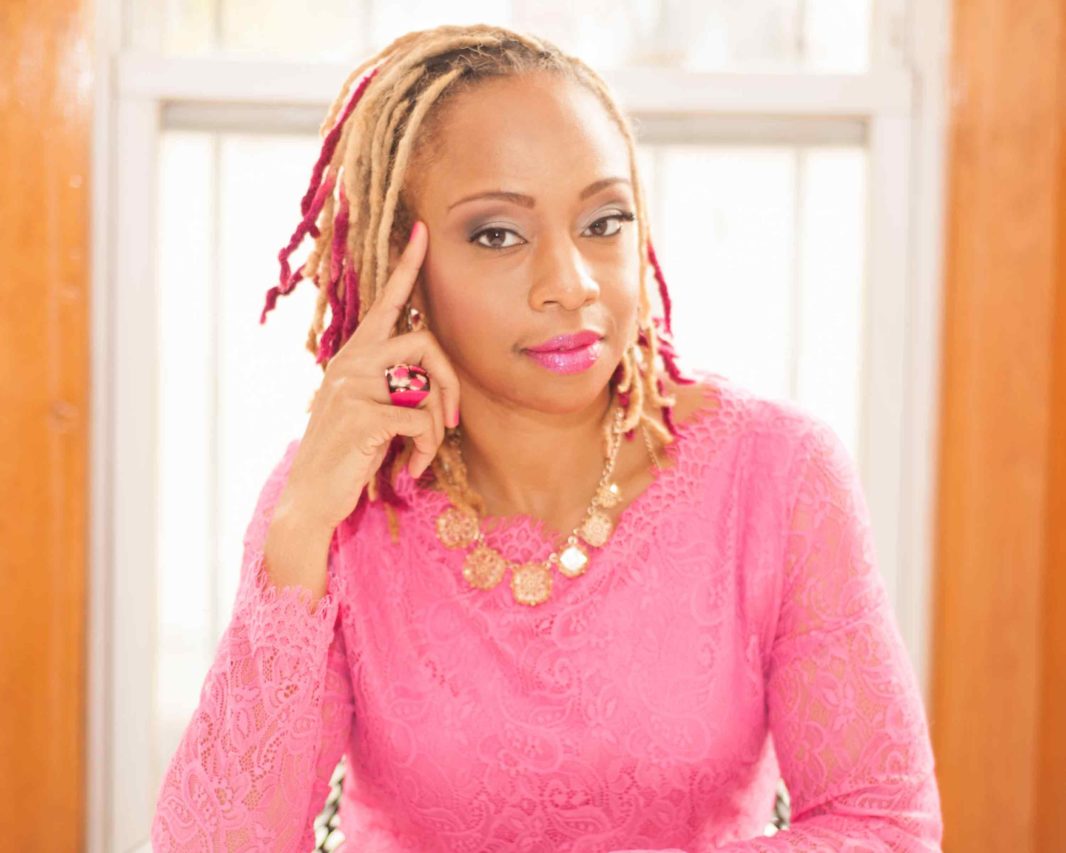
Photo: Kyeana Jones Photography
Health care system: Black Girls Nutrition founder Katia Powell
Inspired by her own triumphant journey in losing 200 pounds while simultaneously overcoming major personal and professional setbacks, Katia Powell launched Black Girls Nutrition in 2017 to help other women adopt a healthy lifestyle while staying true to their cultural backgrounds.
Black Girls Nutrition is an online platform with a mission to inspire women of color to make healthy eating and fitness habits a part of their daily lives in a social community environment. The initiative offers personalized meal plans, fitness guides, accountability strategies, and access to quarterly events such as fitness boot camps.
Compared to other health clubs, BGN is affordable and accessible to various incomes. Women can choose between three membership types, from $9–$59 per month. The more you pay, the more access you have to personalized resources, including monthly conference calls with a nutritionist. At the $9 level, members can take advantage of joining the online community and reading the monthly newsletter.
Fresh out of its pilot stage, the platform currently has 100 members, primarily from the Boston area but some from across the country. Members’ ages range from 25 to 44 years old.
Black Girls Nutrition was chosen out of 1,600 applicants to join 128 early-stage start-ups to form the 2018 MassChallenge cohort. The fact that 51 percent of this year’s cohort has at least one female founder is not something to be overlooked.

Exhale: How is Black Girls Nutrition different from other wellness programs?
Katia Powell: Black Girls Nutrition is a progressive web app. So we’ve embedded deep learning technology, along the lines of AI, to the online platform. The more users that are on the platform, the more we learn about our users’ health goals, and the better we can serve the community.
We are mostly an online community with supportive in-person events. We get together for a workout session organized around a pop culture theme (like trap music yoga) and discuss wellness topics.
It’s a safe space for women. But it doesn’t matter if you’re a woman of color or not, we’re inclusive to everyone.

How did your own health journey inform your business?
At the age of 26 I weighed 350 pounds. I lost my baby on my birthday while five months pregnant, dropped out of school, and lost my job. And I was on public assistance. I was becoming one of the statistics I used to read about in articles. I looked at myself in the mirror and I didn’t recognize [this] person.
I walked over to the Roxbury YMCA, told them my situation, and they gave me a free membership. In six months, I lost 100 pounds. Over the course of two-and-a-half years, I lost 200 pounds.
At that time, when I worked with registered dietitians, the meal plans they gave me didn’t include anything that reflected my background as an African American or Jamaican and the food we ate. I felt like they were saying, “The way you grew up was bad and you must change yourself.”
At Black Girls Nutrition, we don’t take away our members’ cultures, but we integrate their traditional recipes and figure out how we can make it healthier.

How have you been able to start the business from the ground up?
Before Black Girls Nutrition, I was an executive at the American Heart Association for health equity. It was amazing but…there was a disconnect because I wanted to work specifically for women of color.
I quit and became a holistic health practitioner and fitness instructor. I already had clients who I was making meal plans for and doing online workouts with. I figured, why not do what I’m already doing and figure out how to scale it?
You can’t do this by yourself, though, and in the wellness space there are so many other players. It is highly saturated. I’ve connected with other local organizations and thought leaders who specialize in social impact to form relationships.
I have a five-member advisory board who all have their M.D. or Ph.D. and help inform the business. They specialize in nutrition, health disparities, obesity medicine, pediatrics, sociology, and finance.

How has MassChallenge helped the growth of your company?
I didn’t know if I would ever get a chance to meet the mentors, but all I have to do is go to the MassChallenge staff and say, “Hey, I’ve been thinking of partnering with this company,” and they say, “OK, let’s make it happen.”
Taking Black Girls Nutrition from ideation to pilot and fast forwarding through all of that was awesome. Plus a chance at $1.5 million in equity-free funding is great too.

What are your future plans for Black Girls Nutrition?
In the near future, we’re finalizing a partnership with Tufts University, which is known nationally for nutrition. We’re also partnering with BOND (Boston Organization of Nutritionists and Dietitians of Color) to create a wider community.
I’ve been building relationships with possible investors. It’s about relationship building and timing. You don’t want to take an investment too early, you want to take it right when you need it.
Further in the future, one of my goals is, by 2022, [to] have one million women of color as members on the Black Girls Nutrition platform.



 4 min read
4 min read